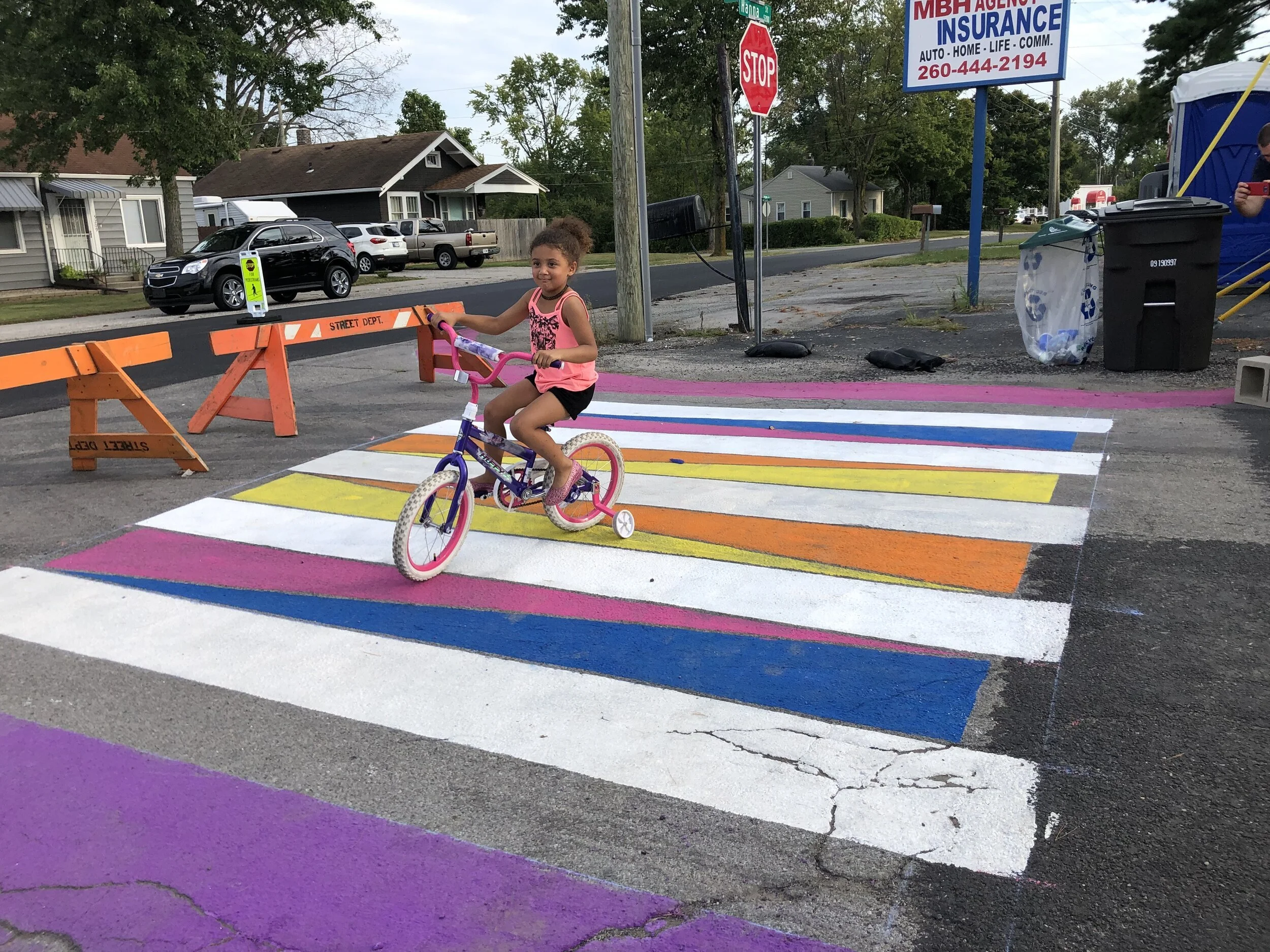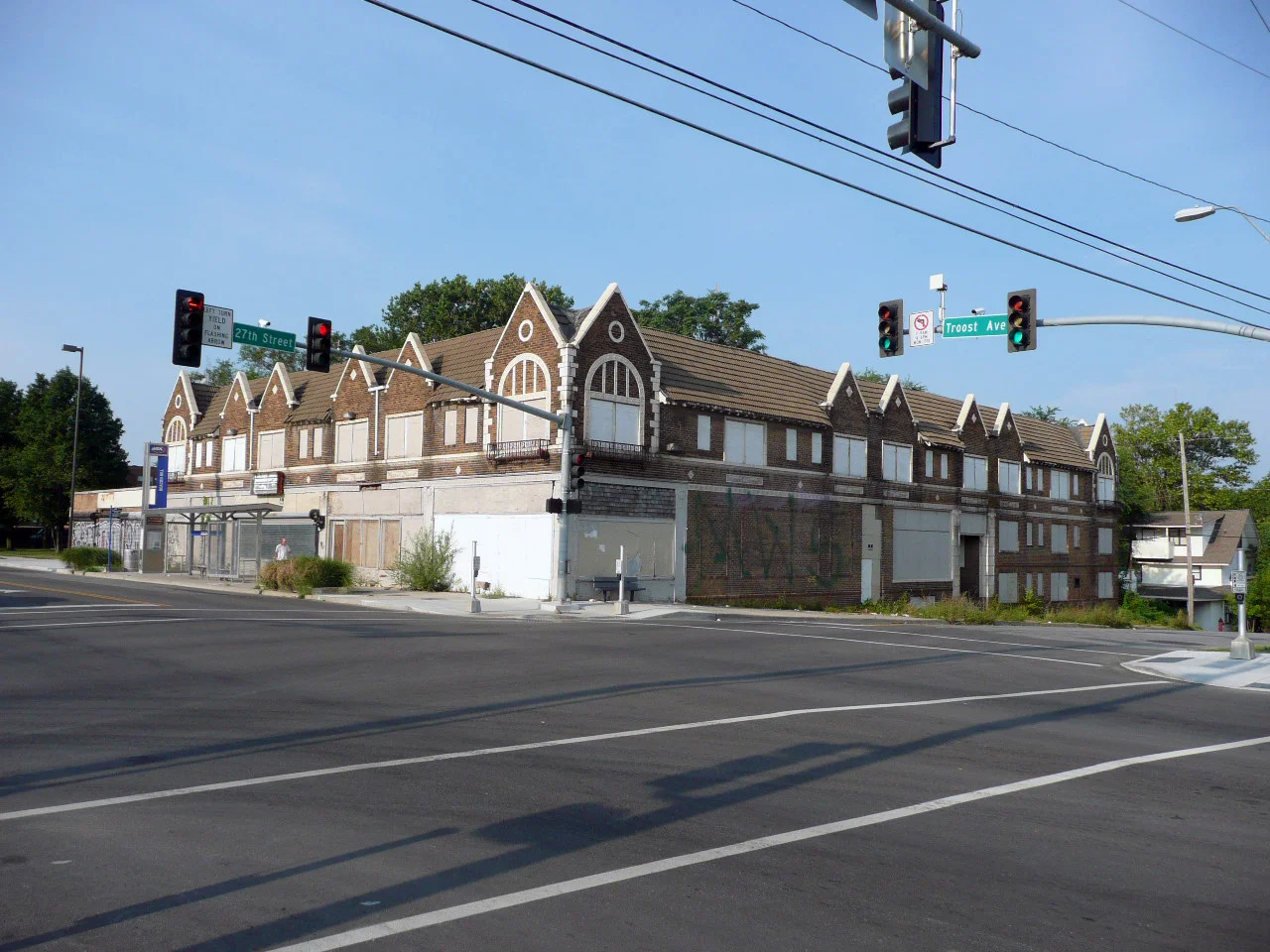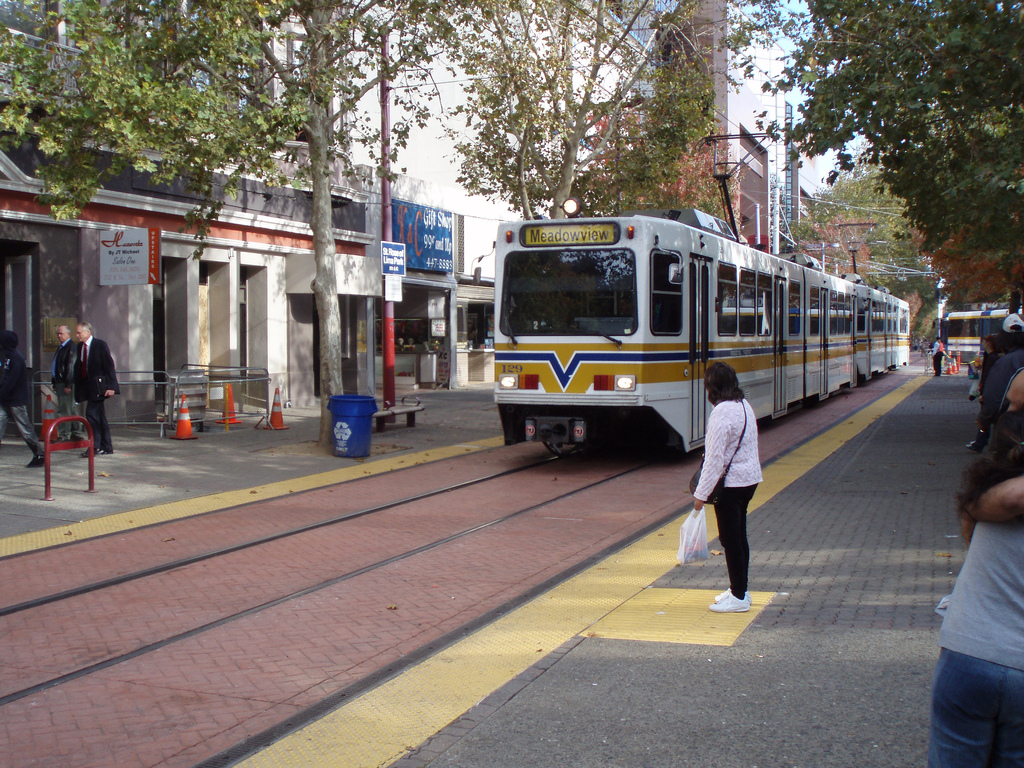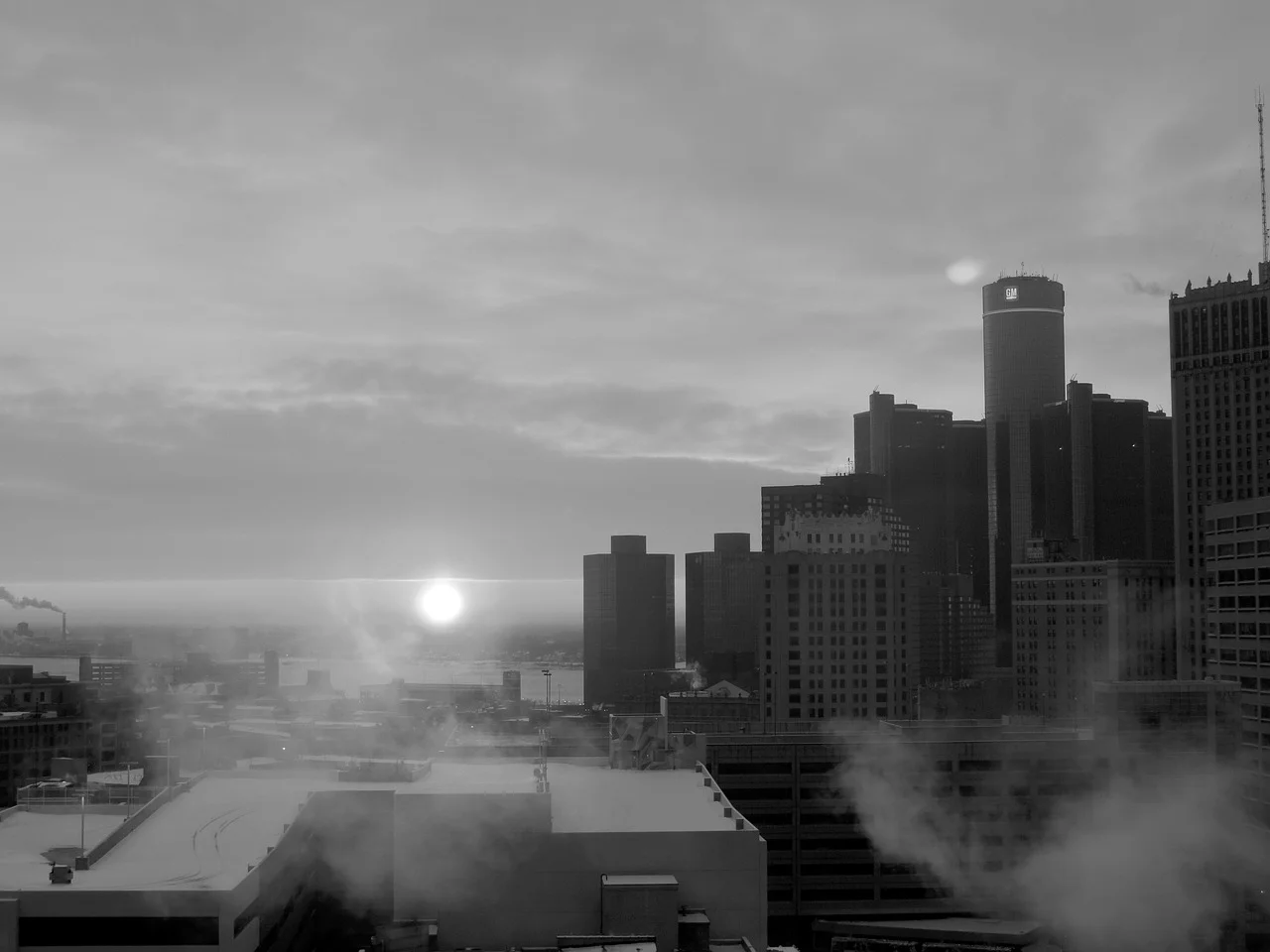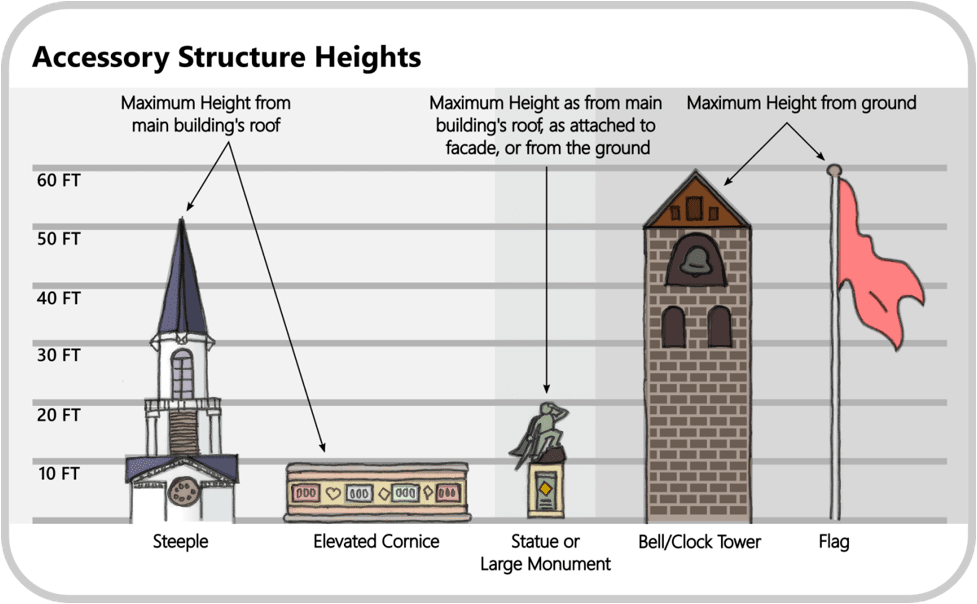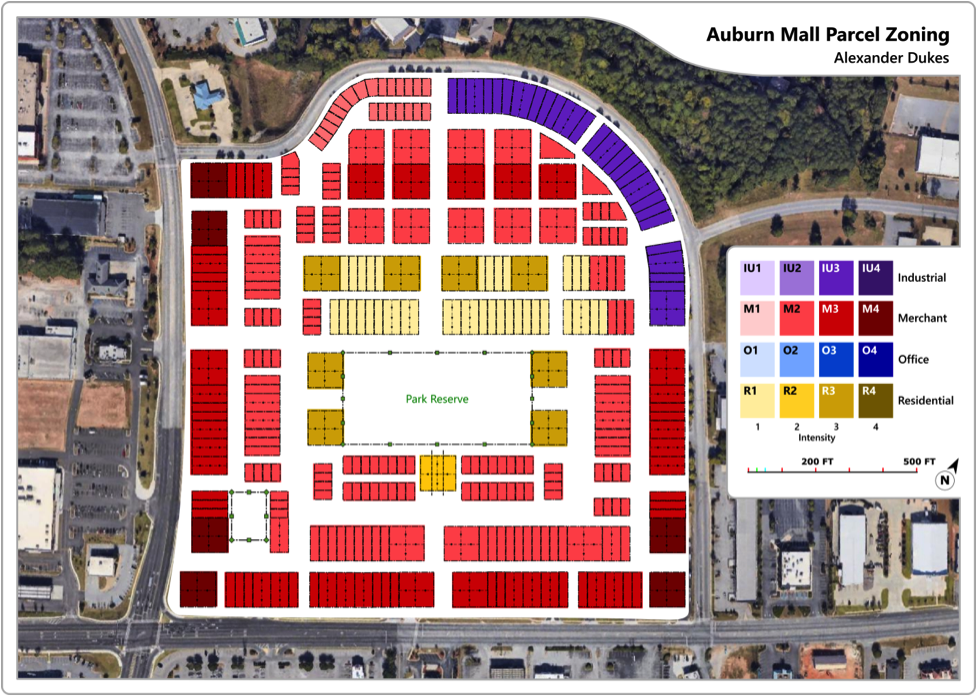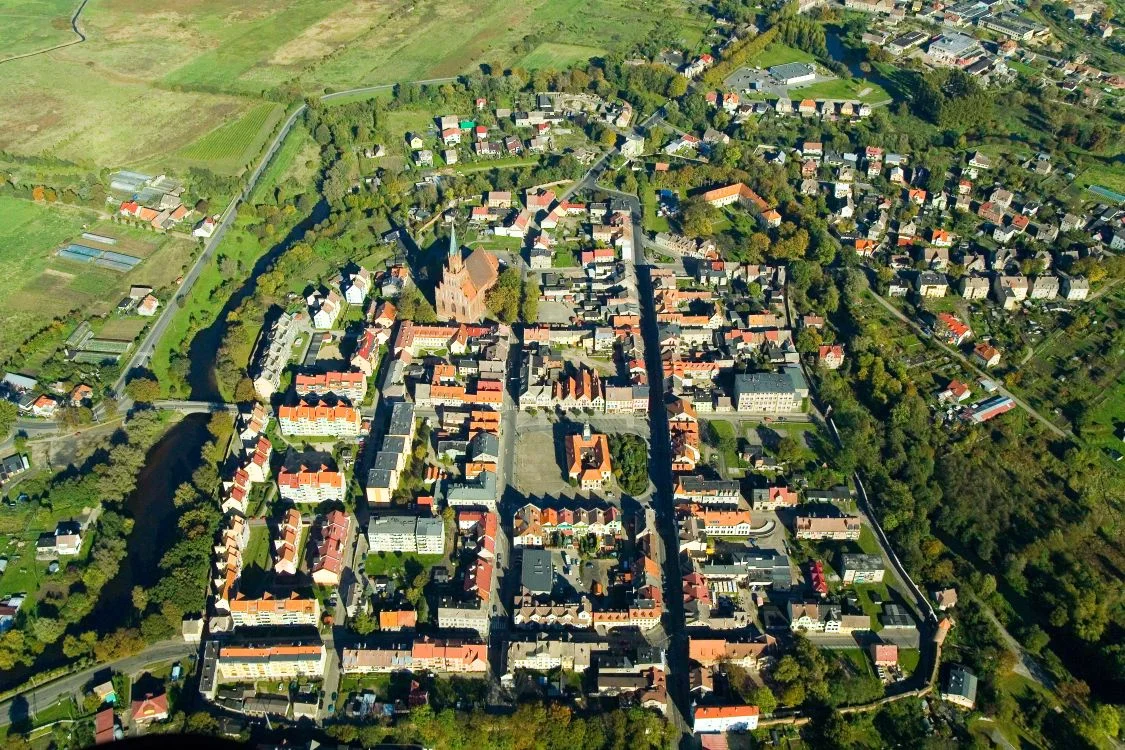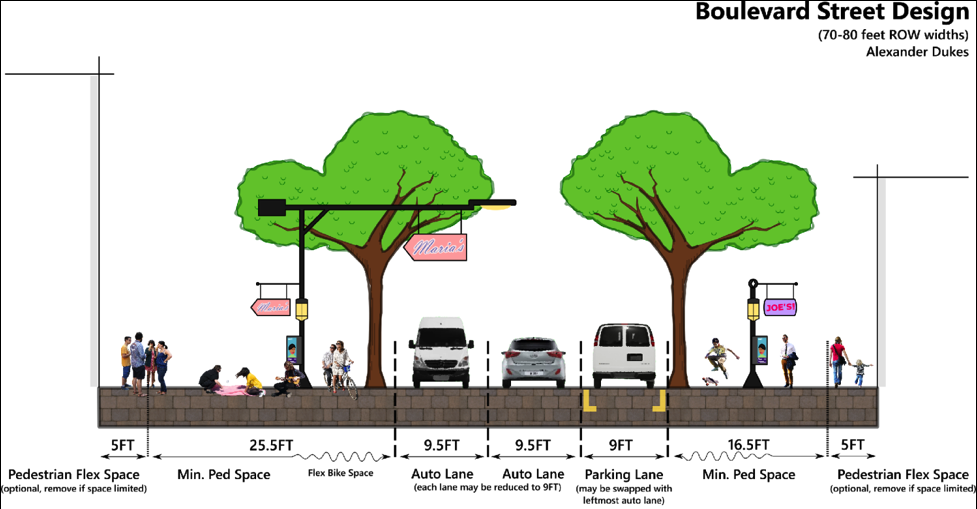All too often, development happens to a neighborhood rather than for a neighborhood or with a neighborhood. “The Neighborhood Playbook” can help.
Read MoreThose two things are all you should need to be able to make sense of your city's zoning code. At least that's the philosophy guiding South Bend, IN planners as they overhaul the city's regulations to be more legible and useful.
Read MoreIt’s an uncomfortable truth: doing the right thing for our communities usually means doing the hard thing. Or at least the less easy thing. What does this mean not only for the people who design our cities and towns but for those of us who live there?
Read MoreMid-size regions like Kansas City don’t have the affordability struggles of, say, a fast-growing Denver or Seattle: they have their own unique challenges instead. Here’s how the “natural” affordability of homes in these places can be turned into an opportunity for an urban renaissance.
Read MoreCommunity Builder Jacob Moses converses with Kevin Leier—a social studies teacher at Rugby High School in North Dakota—and a few of his students about their new community building class inspired by Strong Towns.
Read MoreAs a planner by training, I’m disappointed to see the American Planning Association parrot propaganda about the supposed need for a flood of new federal money for infrastructure. This approach is not conducive to good planning.
Read MoreMany of the cities we live in are under intense economic, social, and environmental stress. But how do we start to change the local planning status quo when the public doesn’t trust planners or policy experts?
Read MoreWe should require our local governments to develop some discipline and reliability in their permitting approach. These are practices that demonstrate respect for both our civic institutions and the people they are supposed to serve.
Read MoreIf a local resident or business owner with a high school diploma can’t sit down and figure out what she can and cannot do with her property in less than an hour, the zoning regime is exclusionary. Here are five guidelines for making it more accessible to laypeople.
Read MoreSacramento’s vice mayor gave Strong Towns founder Charles Marohn a shout-out in announcing the city’s new transit-oriented development rules. Our message is making a difference in the world.
Read MoreThis week on the Strong Towns Podcast, Chuck discusses the role of planning in correcting for legacies of segregation and inequality. Is more enlightened policy enough to change course? Or do we need to more fundamentally rethink who has the power to shape cities?
Read MoreI don’t know why I’m an certified planner anymore. More importantly, it’s not clear to me why the world will be a better place if I am.
Read MoreWhen we aim for perfection, imperfections will disturb us. But, when we aim for imperfection, other imperfections build character.
Read MoreA city is a living organism, and we should tend to it as such. A city dies when it is treated as, and functions, as a machine.
Read MoreThese 5 steps will help you test the development potential in your town.
Read MoreFrom the individual citizen to the federal bureaucrat, we need to start having a fundamentally different conversation about how we build our shared living spaces.
Read MoreA basic universal code can help us create productive, economically successful developments while allowing for maximum flexibility for developers, business owners and residents.
Read MoreA traditional pattern of development requires zoning that is fine-grained, geographically contextual and responsive to observable feedback.
Read MoreA hierarchical zoning model would allow greater development flexibility and remove needless rules from our zoning codes. Here's how to do it.
Read MoreThis neighborhood has three different types of streets to meet different needs—but all of them provide ample room for the best indicator species of success: people.
Read More
